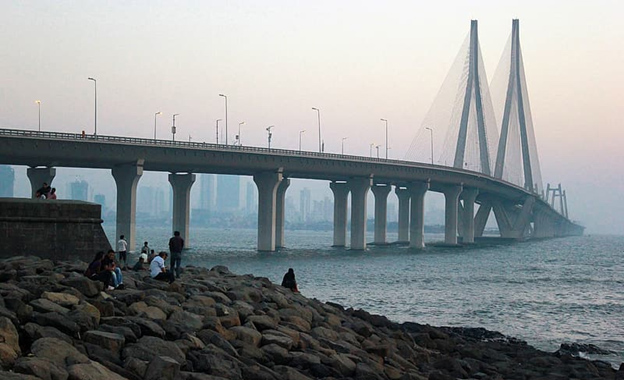Blog

Relevant Research: How ISEP Builds Bridging Capacity for Interdisciplinary, Solutions-Oriented Academics
Academic researchers could, in principle, play an important role in diagnosing and solving the world’s greatest problems. In a society obsessed with current events and sound bites, academics can provide deeper insights and more creative solutions than practically any other institution.
Alas, in reality academics fail to realize their potential as change agents. Much academic research remains shackled by disciplinary debates that are often arcane and mostly irrelevant to mitigating the greatest threats to sustainable human development.
This diagnosis of academia’s problem is simple but not simplistic. It identifies two problems with the way we currently do science:
- We still do not fully embrace the necessity of focusing on problems and solutions. Our research questions are all too often about inside baseball.
- We have not gone far enough toward genuine interdisciplinarity. Problems do not respect traditional disciplinary boundaries, and any real problem of importance is far too complicated for one discipline to solve.
To facilitate interdisciplinary, solutions-oriented research, we need to first dedicate our efforts to addressing real problems and then use that sharp focus to understand the different kinds of expertise required.
Recognizing these challenges, I am increasingly focusing my academic efforts to develop what one might call bridging capacity. This approach has two steps.
First, I need a problem statement. In my case, the problem to be solved is to emerging countries’ voracious hunger for energy. To address climate change and alleviate global poverty, we must find sustainable ways to fuel emerging economies.
I then break this grandiose problem into specific challenges, ranging from India’s coal-to-renewables transition to greening China’s massive Belt& Road Initiative on infrastructure finance. For each specific challenge, I think very carefully about the complexity of the challenge and identify key sources of expertise.
I remind myself that I should not take the easy way by defining the problem as one in my area of expertise, that is, governance or public policy. Instead, I should see the problem as it is and then collaborate with the right people to move the needle.
In doing so, I am building a very different kind of academic network – one suited for the 21st century. In the past, my network was overwhelmingly political science, public policy, and economics. Today, I hang out with a far wider range of brilliant talent, from integrated assessment modeling to atmospheric chemistry and computer science.
This is not easy work and the payoffs are slow coming. My grant proposals get rejected by disciplinarians with narrow horizons. My papers do not fit well to the constraining agendas of our so-called “top journals”.
And yet, I find this work far more rewarding than anything I have done in the past. I am bringing together unprecedented coalitions of outstanding academics to work on problems and solutions that no single researcher, no matter how brilliant, can even imagine on their own.
I believe that bridging capacity is the missing ingredient to an academic renaissance of relevance and impact in the 21st century.
Any fellow researchers interested in joining the interdisciplinary, solutions-oriented vanguard, please get in touch. I am here to help you!
***
Johannes Urpelainen is the Director and Prince Sultan bin Abdulaziz Professor of Energy, Resources and Environment at the Johns Hopkins School of Advanced International Studies. He is also the Founding Director of the Initiative for Sustainable Energy Policy (ISEP). He tweets at @jurpelai.
